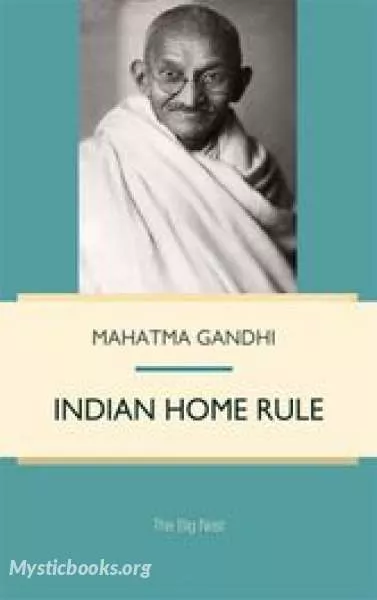
Indian Home Rule
'Indian Home Rule' Summary
Gandhi's Hind Swaraj takes the form of a dialogue between two characters, The Reader and The Editor. The Reader (specifically identified by the historian S. R. Mehrotra as Dr Pranjivan Mehta) essentially serves as the typical Indian countryman whom Gandhi would have been addressing with Hind Swaraj. The Reader voices the common beliefs and arguments of the time concerning Indian Independence. Gandhi, The Editor, explains why those arguments are flawed and interject his own arguments. As 'The Editor' Gandhi puts it, "it is my duty patiently to try to remove your prejudice."
In the dialogue that follows, Gandhi outlines four themes that structure his arguments.
1. First, Gandhi argues that ‘Home Rule is Self Rule’. He argues that it is not enough for the British to leave only for Indians to adopt a British-styled society. As he puts it, some "want English rule without the Englishman ... that is to say, [they] would make India English. And when it becomes English, it will be called not Hindustan but Englishtan. This is not the Swaraj I want.”
2. Gandhi also argues that Indian independence is only possible through passive resistance. In fact, more than denouncing violence, Gandhi argues that it is counter-productive; instead, he believes, “The force of love and pity is infinitely greater than the force of arms. There is the harm in the exercise of brute force, never in that of pity.” This is essential throughout Hind Swaraj.
3. To exert passive resistance, Gandhi reasons that Swadeshi (self-reliance) be exercised by Indians, meaning the refusal of all trade and dealings with the British. He addresses the English when he states, “If you do not concede our demand, we shall be no longer your petitioners. You can govern us only so long as we remain the governed; we shall no longer have any dealings with you." Gandhi makes an intriguing argument here: if the British want India for trade, remove trade from the equation.
4. Finally, Gandhi argues that India will never be free unless it rejects Western civilization itself. In the text he is deeply critical of western civilization, claiming, “India is being ground down, not under the English heel, but under that of modern civilization." He speaks about civilization not just in relation to India, though. He argues that “Western civilization is such that one has only to be patient and it will be self-destroyed." It is a profound repudiation. Not only is western civilization unhealthy for India, but western civilization is by its own virtue unhealthy.
Book Details
Language
EnglishOriginal Language
EnglishPublished In
1909Genre/Category
Tags/Keywords
Authors
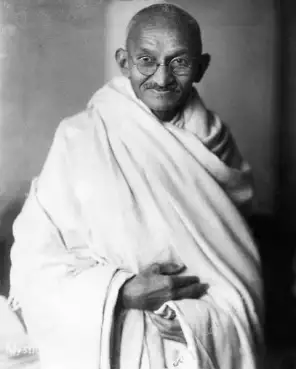
Mohandas Gandhi
India
Mohandas Karamchand Gandhi was an Indian lawyer, anti-colonial nationalist and political ethicist who employed nonviolent resistance to lead the successful campaign for India's independence from Briti...
Books by Mohandas GandhiDownload eBooks
Listen/Download Audiobook
- Select Speed
Related books
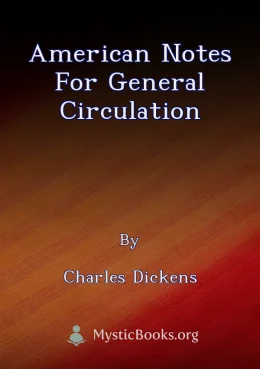
American Notes for General Circulation by Charles Dickens
Charles Dickens's *American Notes for General Circulation* is a candid and insightful travelogue that chronicles his journey through North America in...

Erie Waters by E. Pauline Johnson
Erie Waters is a collection of poems by E. Pauline Johnson, a prominent Indigenous poet of the late 19th and early 20th centuries. Her work is known...

Works of Robert G. Ingersoll, Volume 12 - Tributes by Robert G. Ingersoll
This volume, 'Tributes by Robert G. Ingersoll,' comprises a collection of speeches and essays delivered by the famed orator and lawyer Robert G. Inger...
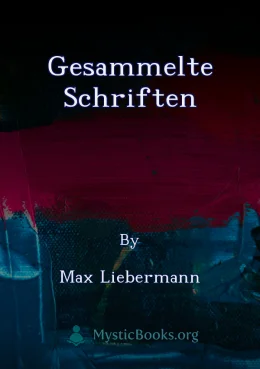
Gesammelte Schriften by Max Liebermann
Max Liebermann, ein bedeutender deutscher Impressionist, hinterließ nicht nur ein umfangreiches malerisches Werk, sondern auch eine Sammlung von Schri...
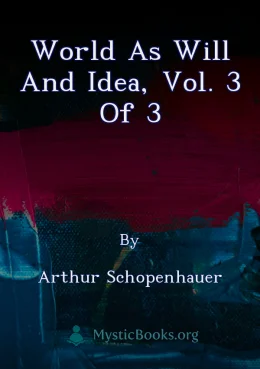
World as Will and Idea, Vol. 3 of 3 by Arthur Schopenhauer
Arthur Schopenhauer's *World as Will and Idea* is a complex and influential philosophical treatise that explores the nature of reality, the human cond...

viajes de Marco Polo veneciano o El libro de las maravillas by Rustichello da Pisa
Esta obra, publicada en 1298, relata las aventuras de Marco Polo durante sus viajes a través de Asia. El libro describe en detalle las regiones visita...
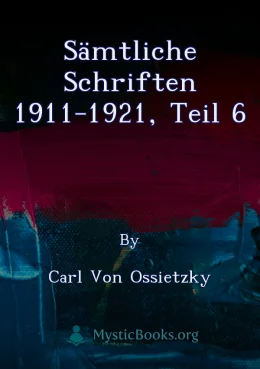
Sämtliche Schriften 1911-1921, Teil 6 by Carl von Ossietzky
This volume, part of a larger collection of Carl von Ossietzky's writings, focuses on his work from 1911 to 1921. It contains articles, essays, and cr...

Götzendämmerung by Friedrich Nietzsche
Diese kleine Schrift ist eine grosse Kriegserklärung; und was das Aushorchen von Götzen anbetrifft, so sind es dies Mal keine Zeitgötzen, sondern ewig...
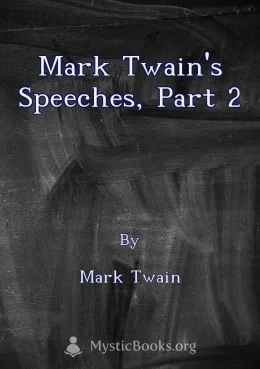
Mark Twain's Speeches, Part 2 by Mark Twain
This book presents a collection of Mark Twain's publicly delivered speeches spanning his career, from 1864 to shortly before his death. The speeches...
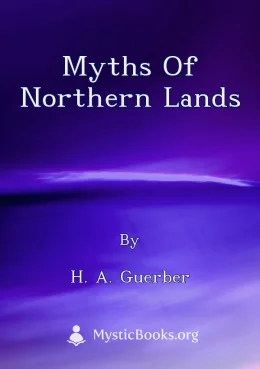
Myths of Northern Lands by H. A. Guerber
Myths of Northern Lands is a comprehensive guide to the mythology of the Norse people. It provides an overview of the Norse gods, goddesses, and heroe...
Reviews for Indian Home Rule
No reviews posted or approved, yet...